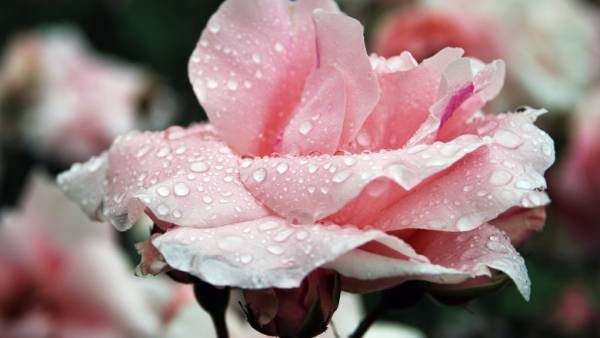Facts and fictions about aromatherapy: how can scents affect people’s health
MOSCOW, April 15 — RIA Novosti. Aromatherapy is not included in the Arsenal of modern medicine, its destiny — beauty salons, massage salons. However, scientists are trying to understand how smell affects behavior, mood, and human physiology. RIA Novosti, talks about what has been achieved by the science of aromas.

Herbal essential oils in Ancient China was burned for fumigation of the premises, the Egyptians added, the solution for embalming the dead, the Romans take baths. But science has done it recently. The term “aromatherapy” was introduced in the 1920’s, French chemist Rene-Maurice Gattefoss (Rene-Maurice Gattefosse).
In plants, certainly, there are nutrients. For example, willow bark chewed since ancient times to treat inflammation, and then it was discovered acetylsalicylic acid, now known as aspirin. It is one thing to take the pills, and quite another to breathe. How to confirm that the smell has a therapeutic effect? What is the physical mechanism of action? In aromatherapy only give you a subjective description, not verifiable. For example, report that the smell of rosemary clears the mind and improves memory, lavender is calming and relieves stress, anxiety, depression, cure insomnia. The oil of juniper is generally counted 17 beneficial effects from aphrodisiac to sedative.
The science of scents